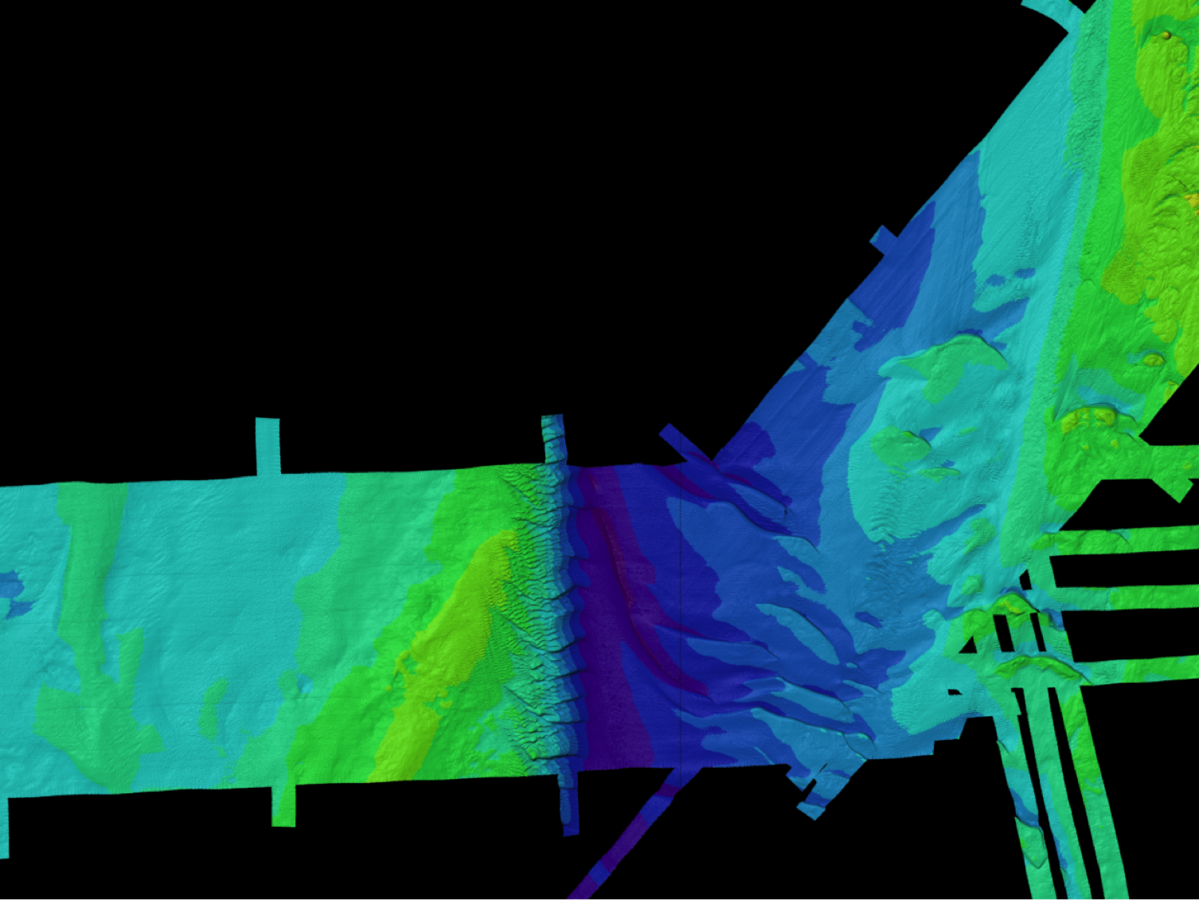
It's not the size of your data. It's what you do with it that counts!
All Energy | Glasgow | 04-05-2016
Sam Franklin | GIS Manager | LR Energy
Sam.Franklin@lr.org |
About
- Geospatial Lead @ Lloyd's Register (LR) Energy
- Geospatial = maps + data
- Focus on Offshore Geo-Surveys, Geo-Engineering, and Installation Support with geospatial consultancy, data/software services


The one with the most data ... wins
vs


Tim O'Reilly
The one with the ...
best data index
... wins

The one with the ...
best data index
... wins
most verified data

The one with the ...
best data index
... wins
most verified data
most accessible data

The one with the ...
best data index
... wins
most verified data
most accessible data
best data infrastructure

The one with the ...
best data index
... wins
most verified data
most accessible data
best data infrastructure
best data visualisation

Case Study 1
Offshore Wind
Pre-Installation

Where's the boat, is it operational?

So what?
- QC oversight through independent
- record of events/positions
- Technical QC
- "Unknown unknowns"

What progress has the vessel made?

What's the progress to date?

Case Study 2
Offshore Wind
Export Cable Installation



Gain Insight from REAL-TIME telemetry offshore
What do these feeds look like?

What do these feeds look like?

REAL-TIME Cable Installation Tolerance QC

- More informed "Project Calls”
- QC from the beach of Horizontal Tolerance
- Cross reference with other “legacy” soils data
What's the status of the plough now?

Review burial, speed and tow tension over time

Improved Project Forecasting

- Correlate PREDICTED provinces and
ACTUAL telemetry data - Allows verification/refinement of the schedule estimates
- Aids logistics planning
- Make and plan interventions e.g. modifying plough configuration to improve performance
- The key is to make the data ACCESSIBLE
Case Study 3
Offshore Wind
Operations & Maintenance

Improve Vessel Utilisation (Failed Transfers)

- A failed transfer attempt under moderate conditions (<1m Hs)
- Driver to reduce the number of failed turbine visits due to weather
CTV waiting on weather


- Observed vessel data reveals significant waiting periods
- Waiting periods correlate with observed met data
Metocean Variability
- Forecasts are available as Feeds on a Turbine basis for various metocean parameters
- Surprising variability across the site

Predicting Access Probability
- Used an algorithm Turbine Forecasts and Vessel-specific operating envelopes
- Generate an Access Probability per turbine on a rolling basis.
- Reduces WOW delays and transfer failures, fuel costs and lowers HSE risk
- Generating insight from the data that’s already available

Takeaways
- Use pilot projects to gain experience and learn from them before jumping in.
- Can you make better use of existing sources, such as harvesting under utilised sensor data ?
-
Do not underestimate how users find creative solutions to their own problems, so when possible and suitable
make structured data available. -
Embrace the
data revolution !

Thanks!

All Energy | Glasgow | 04-05-2016
Sam Franklin | GIS Manager | LR Energy
Sam.Franklin@lr.org |
2016-all-energy
By samfranklin
2016-all-energy
Presentation on smart use of data within Offshore Wind sector by Sam Franklin of LR Energy
- 2,680
